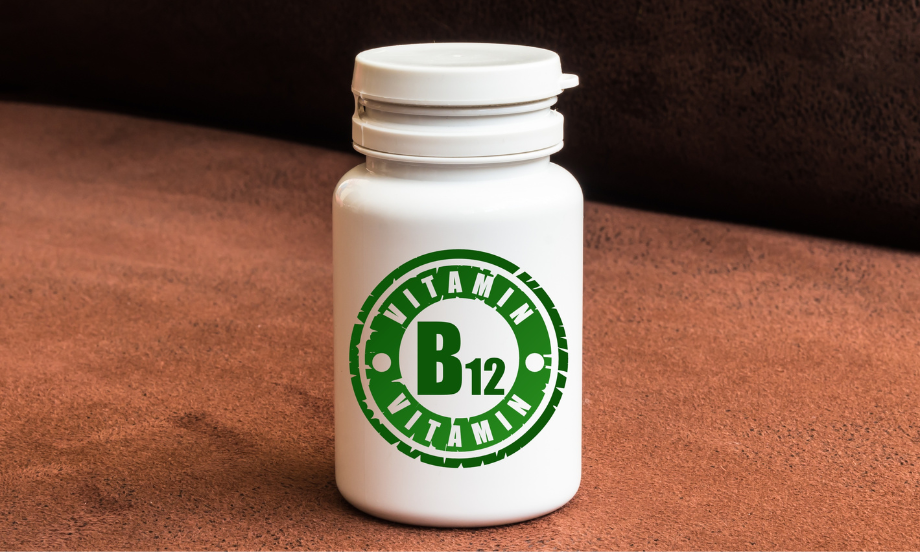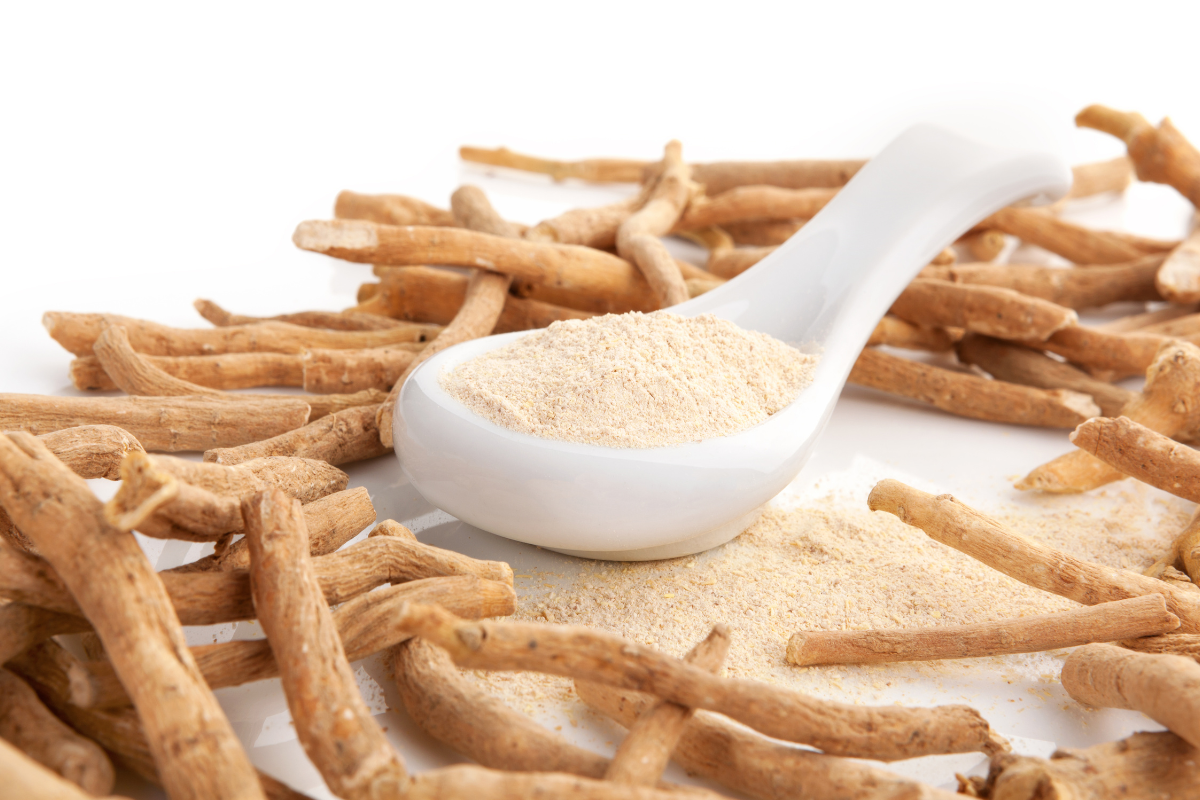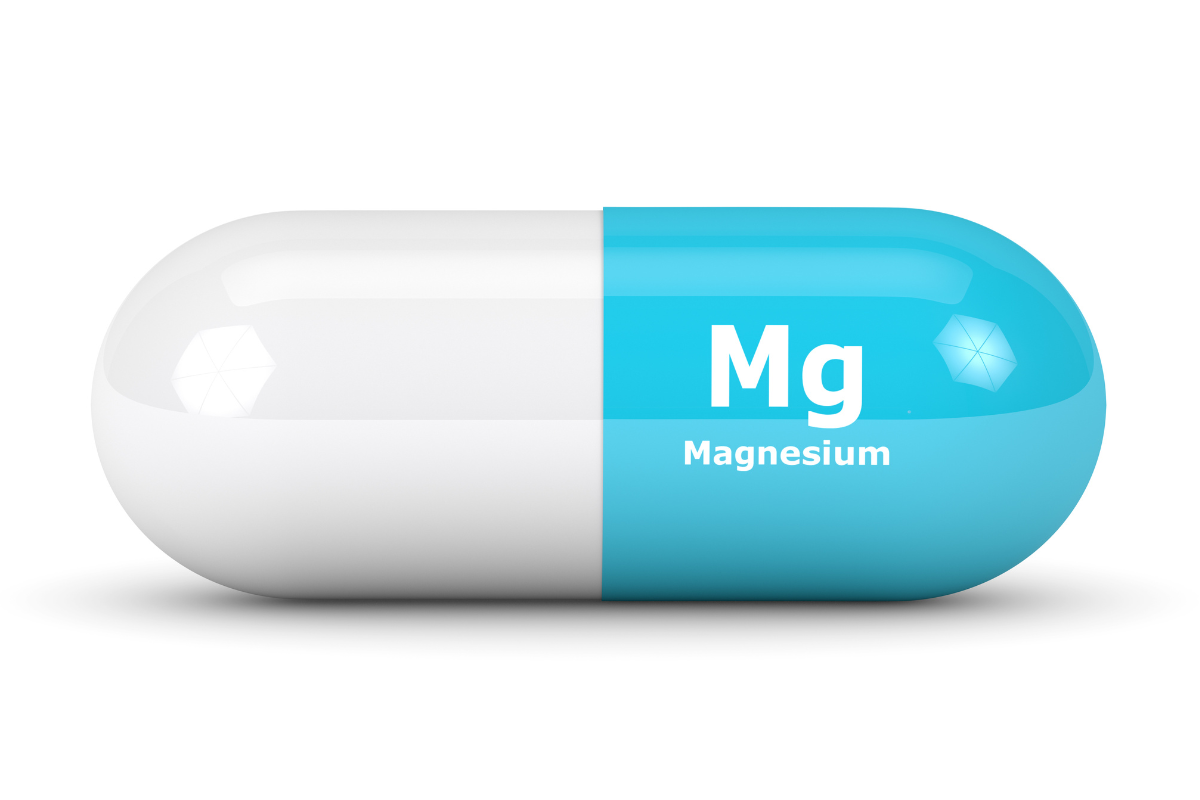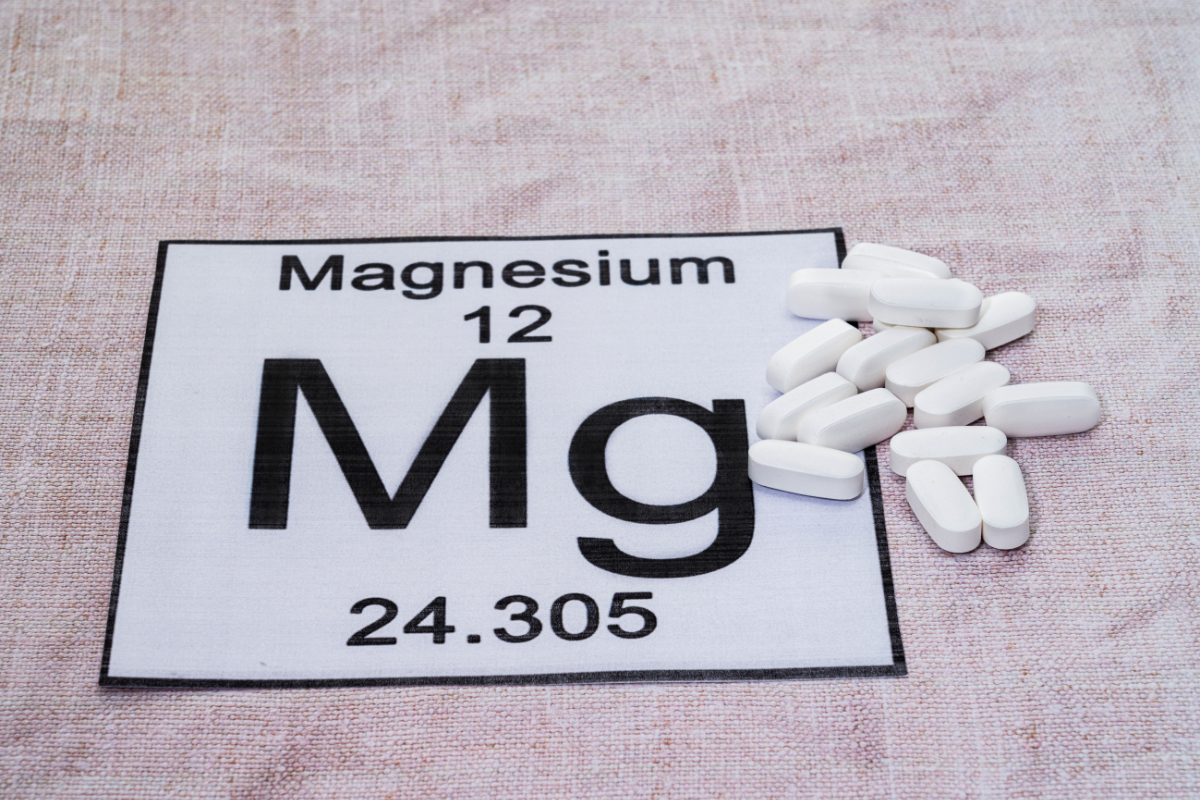How Much B12 Per Day Do You Really Need?

Vitamin B12 often comes up in conversations about health and energy, but many people aren’t quite sure how much they should actually be getting each day. Some think a normal, balanced diet covers it, while others wonder if supplements are essential.
What we do know is that B12 is key for keeping your energy steady, supporting brain function, and making healthy red blood cells. The tricky part? With so much conflicting advice online, it’s easy to feel unsure about what’s really right for you.
In this post, we’ll clear up the confusion by explaining how much B12 per day you really need, who might need more, and the best options to keep your levels healthy.
Recommended Daily Amounts of Vitamin B12

The recommendations vary slightly depending on where you live. According to the NHS, the recommended amount for most adults in the UK is 1.5 micrograms (µg) per day.
These values are set to cover the needs of most people who are healthy. Always consult with a healthcare professional for advice.
You might be wondering — what about if you’re pregnant, breastfeeding, older, or on a restricted diet? The recommended amount stays the same unless a doctor tells you otherwise. But in reality, some people do need more, especially if their bodies aren’t absorbing B12 properly.
Low B12 can cause all sorts of issues, from tiredness and brain fog to nerve damage and even anaemia. If you’re feeling off, it’s worth getting tested. A blood test is the standard way to measure your blood levels of vitamin B12 and diagnose deficiency. Doctors may check your blood levels and recommend supplementation if needed.
Who Might Need More B12?
Even though 1.5 µg per day is the general target, some people need more — not because they’re eating too little, but because their bodies have trouble absorbing it properly.
Here are some common reasons your B12 levels might dip:
-
Vegans and vegetarians: B12 is naturally found in animal products, so if you eat a fully plant-based diet, you are at higher risk of vitamin B12 deficiency because plant foods do not provide B12 unless they are fortified. Those following a vegan diet should pay special attention to fortified foods or supplements.
-
Older adults: As we age, our stomachs produce less stomach acid, specifically reduced hydrochloric acid, which is a risk factor for poor B12 absorption. That’s why B12 deficiency is more common in people over 60.
-
People with gut issues: Conditions like Crohn’s disease and coeliac disease can damage the part of the small intestine where B12 is absorbed.
-
Those taking certain medications: Acid-reducing drugs, especially gastric acid inhibitors like proton pump inhibitors, or metformin (commonly used for type 2 diabetes), can interfere with B12 absorption over time by reducing hydrochloric acid in the stomach, which is needed to separate B12 from food proteins. This is a risk factor that can increase risk of deficiency.
-
Anyone who’s had gastric or weight-loss surgery: Procedures like gastric bypass physically alter the digestive tract, often limiting the body’s ability to absorb enough B12 from food.
There’s also something called intrinsic factor, a protein made in your stomach that’s essential for absorbing B12. Some people have a condition called pernicious anaemia, where the body attacks the cells that make intrinsic factor, making B12 deficiency much more likely.
All these factors put people at increased risk for B12 deficiency. If you’re in any of these groups, you could be low on B12 even if your diet seems fine. A dietary supplement — or in some cases, a B12 injection — can help restore healthy levels.
Finding the Right B12 Support
If diet alone isn’t giving you enough B12, supplements can be a simple and reliable way to stay on track. At Proactive Healthcare, we stock a range of high-quality options designed to suit different preferences and needs.
-
Quicksilver Scientific Liposomal Methyl B-12: A liquid form that uses liposomal technology for fast absorption. Perfect if you don’t like capsules or want a supplement that works quickly.
-
Methyl B12 with L-Methylfolate Lozenges – Seeking Health: Combines active B12 with methylfolate, making it a smart choice if you’re looking for extra methylation and homocysteine support.
-
Hydroxo B12 Lozenges – Seeking Health: A methyl-free option that’s gentle on the body, ideal if you prefer or need a non-methylated form of B12.
-
Adeno B12 Lozenges – Seeking Health: Provides adenosylcobalamin, the form of B12 that works inside your cells’ mitochondria to support energy at a cellular level.
-
B12 Plus Patch – PatchAid: A convenient patch that slowly releases B12 throughout the day. A great option if you have digestive issues or prefer to avoid tablets altogether.
Each of these supplements offers a slightly different approach, whether you want quick absorption, extra folate support, a methyl-free choice, or the convenience of a patch. The best option depends on your lifestyle, personal health needs, and advice from a healthcare practitioner.
6 Reasons B12 is So Important

Even though the required amount seems small, vitamin B12 has a powerful influence on your health. Vitamin B12 is one of several B vitamins essential for health, and it works alongside other B vitamins to support important functions like red blood cell production and amino acid regulation. Here’s a closer look at what it does in your body.
1. Energy Production
Vitamin B12 plays a key role in how your body turns food into energy. It helps enzymes break down fats and carbohydrates so your cells can use them as fuel. Low B12 can sometimes lead to fatigue and weakness because your body struggles to process energy efficiently.
2. Nervous System Health
B12 helps maintain healthy nerve cells and the protective coating (myelin sheath) that surrounds your nerves. This coating is essential for carrying messages between the brain and the rest of the body. B12 is also essential for proper nerve function, supporting the health and signaling of your nervous system. Without enough B12, nerve communication can slow down, which may cause tingling, numbness, or coordination problems over time.
3. Red Blood Cell Formation
Your body relies on B12 to produce healthy red blood cells. These cells carry oxygen around the body. If B12 levels are too low, red blood cells can become misshapen and break down early, leading to a type of anaemia that causes tiredness and shortness of breath.
A complete blood count (CBC) is often used by healthcare professionals to detect abnormalities in red blood cells that may indicate vitamin B12 deficiency.
4. Brain Function
B12 supports normal brain function, including memory, concentration, and mood regulation. Severe B12 deficiency can lead to neurological symptoms such as memory loss. Some research suggests that maintaining healthy B12 levels may lower the risk of age-related cognitive decline (Science Direct). It also helps produce neurotransmitters, which are the chemical messengers in your brain.
5. DNA Synthesis
Every cell in your body needs DNA, the genetic material, to grow and function. B12 is essential for the synthesis and maintenance of genetic material (DNA) in every cell, helping new cells form correctly. This is especially important during periods of rapid growth, such as pregnancy and childhood.
6. Vitamin B12 Deficiency
If low levels aren’t corrected, they can lead to vitamin B12 deficiency. This happens when your body doesn’t get enough from food or can’t absorb it properly.
Symptoms often overlap with the warning signs above and may include fatigue, tingling in the hands or feet, pale or yellowish skin, memory problems, and low mood. Other symptoms of vitamin B12 deficiency can include mouth ulcers, vision problems, or balance issues, highlighting the wide range of potential health effects.
If left untreated, deficiency can cause more serious issues such as megaloblastic anaemia, nerve damage, or cognitive decline. The good news is it’s usually treatable with supplements or B12 injections, depending on the cause.
If you suspect a deficiency or have concerns about your symptoms, seek more advice from a healthcare professional for personalised recommendations and safe supplement use.
Final Thoughts

Knowing how much B12 per day you need doesn’t have to be complicated. For most adults, 1.5 mcg is enough, but lifestyle, age, and health factors can mean you need more. Whether you’re getting it from food, fortified products, or supplements, keeping your B12 levels healthy can make a real difference to your energy, focus, and overall wellbeing.
If you’re looking for a reliable way to top up, explore Proactive Healthcare’s range of vitamin B12 supplements — from lozenges and sprays to patches and advanced formulas, there’s an option to suit every lifestyle.
Frequently Asked Questions

Can You Take Too Much B12?
For most people, vitamin B12 (also called cobalamin) is generally safe. It’s water-soluble, so your body typically gets rid of any extra through urine.
That said, not everyone reacts the same. If you have a medical condition or are on medication, check with a healthcare professional before taking supplements.
Will taking more B12 give me more energy?
If you’re already getting enough, taking more won’t give you a sudden energy boost. But if you’re low in B12, topping up may make a difference to your energy levels.
What’s the best form of B12 supplement?
It depends on your preference and needs. Tablets and capsules work well for most, while sprays and drops can be easier for people with absorption issues.
Can I get B12 from plants?
Vitamin B12 is not found naturally in plant foods. Fruit, vegetables, and grains don’t contain B12. The only plant-based food sources are fortified foods like cereals, plant milks, and nutritional yeast.
Which foods are highest in B12?
Good natural sources include:
-
Meat: beef, lamb, pork
-
Fish and shellfish: salmon, tuna, clams
-
Dairy: milk, cheese, yoghurt
-
Eggs
How does the body absorb B12?
Stomach acid helps release B12 from proteins in animal foods so it can be absorbed. The digestive system plays a crucial role in this process, as it is responsible for breaking down food and enabling the absorption of vitamin B12. If absorption is reduced (due to age, health issues, or medication), dietary supplements may be recommended.
Disclaimer: This blog post is for informational purposes only and should not be taken as medical advice. Vitamin and supplement needs can vary depending on individual health conditions, age, and lifestyle. Always consult a qualified healthcare professional before making changes to your diet or supplement routine, especially if you are pregnant, breastfeeding, taking medication, or have a medical condition.








